In today’s fast-paced business environment, optimizing warehouse operations is crucial for efficient storage and retrieval of goods. Push Back Pallet Racking offers an innovative solution to address these challenges, revolutionizing warehouse management and maximizing space utilization.
Are you struggling with inefficient warehouse operations, cramped storage spaces, and slow retrieval times? If so, Push Back Pallet Racking is the game-changer you’ve been waiting for!
Push Back Pallet Racking is a revolutionary storage system designed to optimize warehouse efficiency and maximize space utilization. It employs the LIFO (Last-In, First-Out) principle, allowing for easy loading and unloading of pallets.
In summary, Push Back Pallet Racking is a highly effective storage solution that enhances warehouse efficiency, optimizes space utilization, and improves productivity. Its advanced features, such as gravity-fed operation and LIFO access, make it an ideal choice for businesses seeking to streamline their warehouse operations and achieve greater profitability.
Push Back Pallet Racking: The Ultimate Solution for Efficient Warehouse Management
Push Back Pallet Racking is a cutting-edge storage system that addresses the pain points of traditional pallet racking systems. Its innovative design enables maximized space utilization and efficient inventory management.
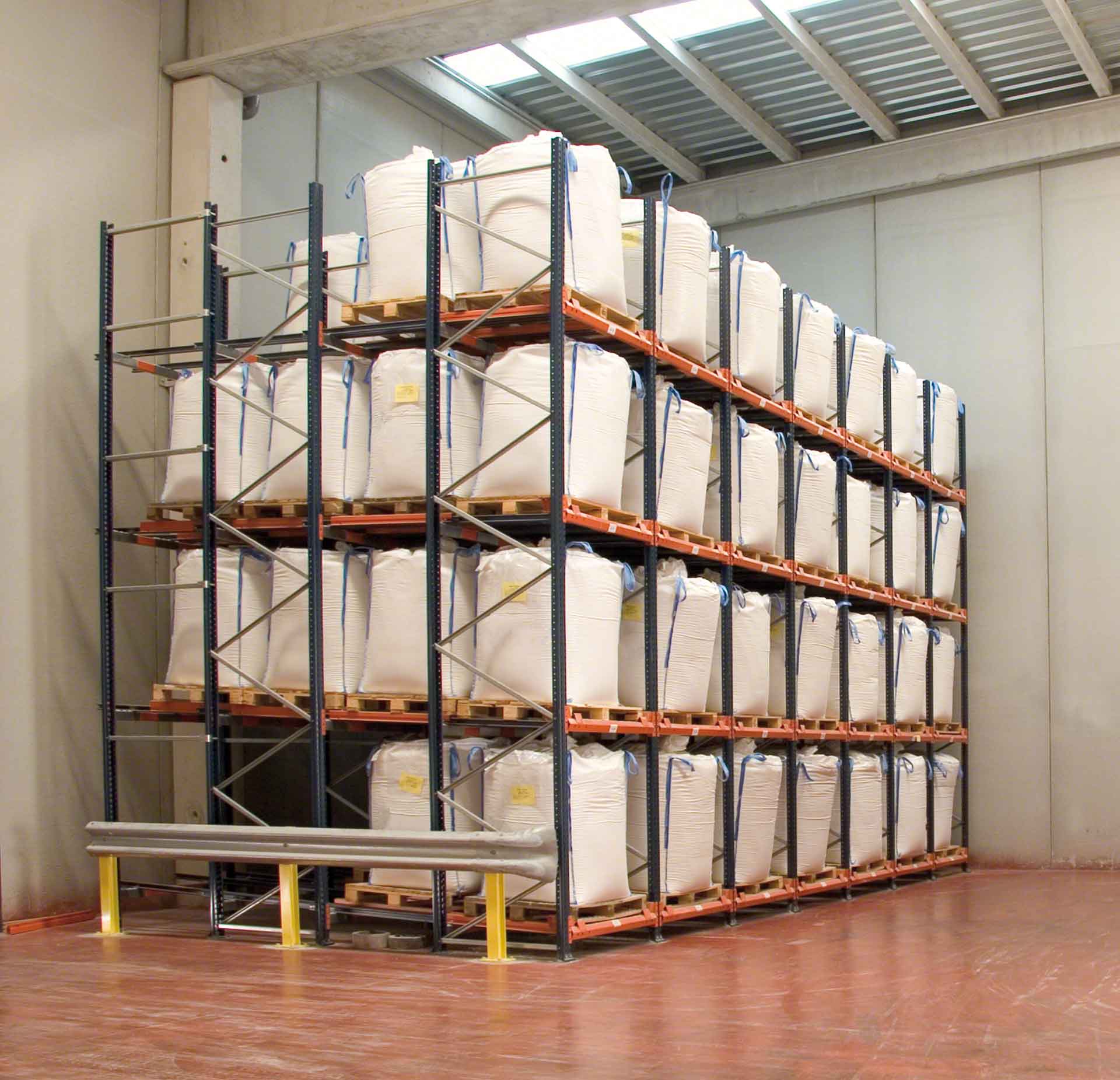
Imagine a warehouse where every inch is put to optimal use, allowing for seamless movement of goods and increased storage capacity. Push Back Pallet Racking makes this a reality, transforming your warehouse into a hub of efficiency.
Unveiling the Essence of Push Back Pallet Racking: A Journey into Optimized Storage
Push Back Pallet Racking is an ingenious storage system that utilizes gravity and the LIFO (Last-In, First-Out) principle. It consists of multiple lanes, each equipped with slightly inclined rails. Pallets are loaded onto the rails, and the weight of the subsequent pallets pushes the preceding ones forward, creating a first-in, last-out inventory flow.
This unique design eliminates the need for forklifts to enter each lane, significantly reducing aisle space requirements and improving overall warehouse efficiency.
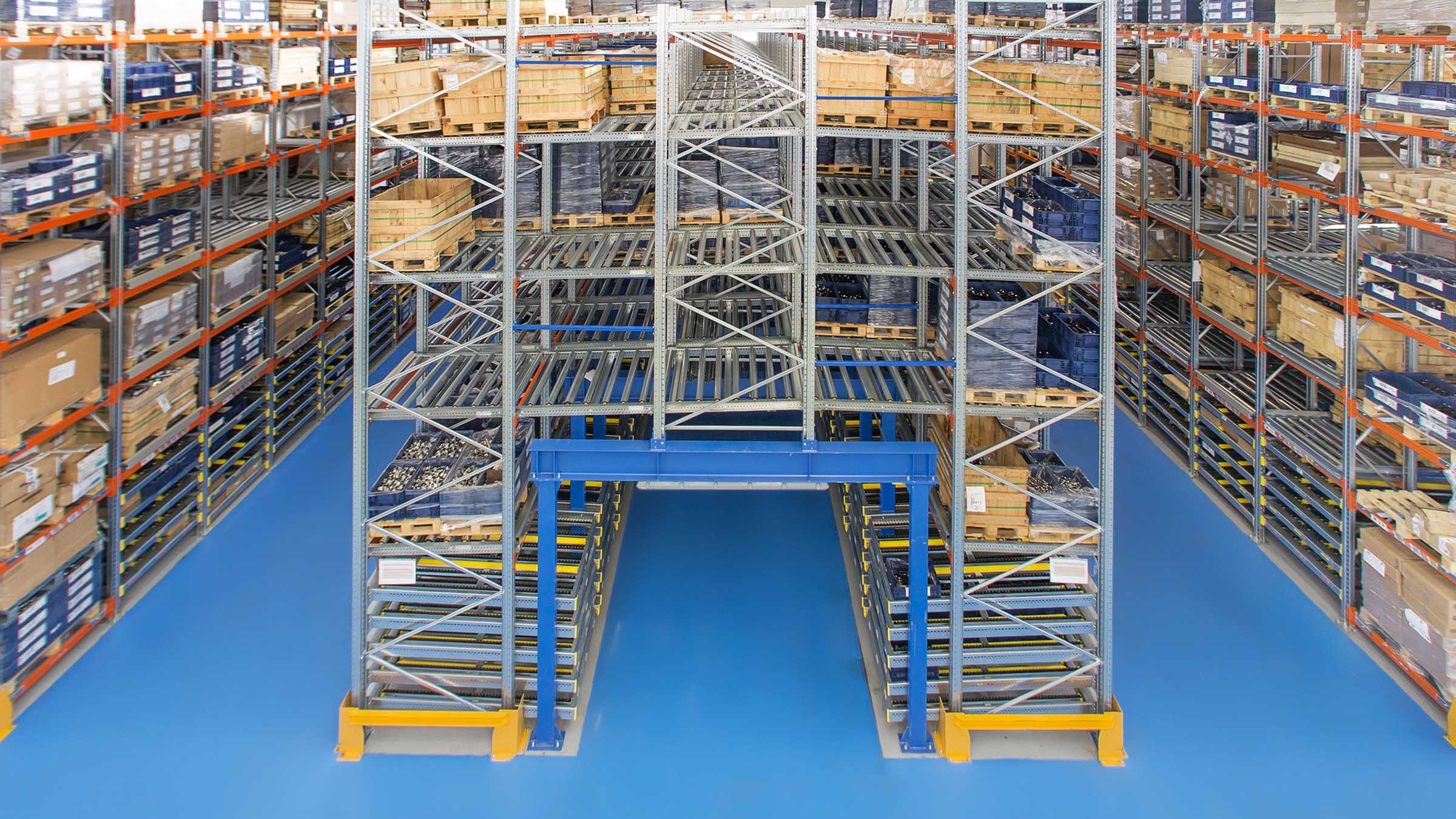
Exploring the History and Evolution of Push Back Pallet Racking: A Tale of Innovation
Push Back Pallet Racking has its roots in the early 20th century, when warehouses sought innovative storage solutions that maximized space and streamlined operations. Over the years, this system has undergone continuous refinements, incorporating advanced materials and engineering principles.
Today, Push Back Pallet Racking stands as a testament to human ingenuity, offering businesses a powerful tool to optimize their storage and retrieval processes.
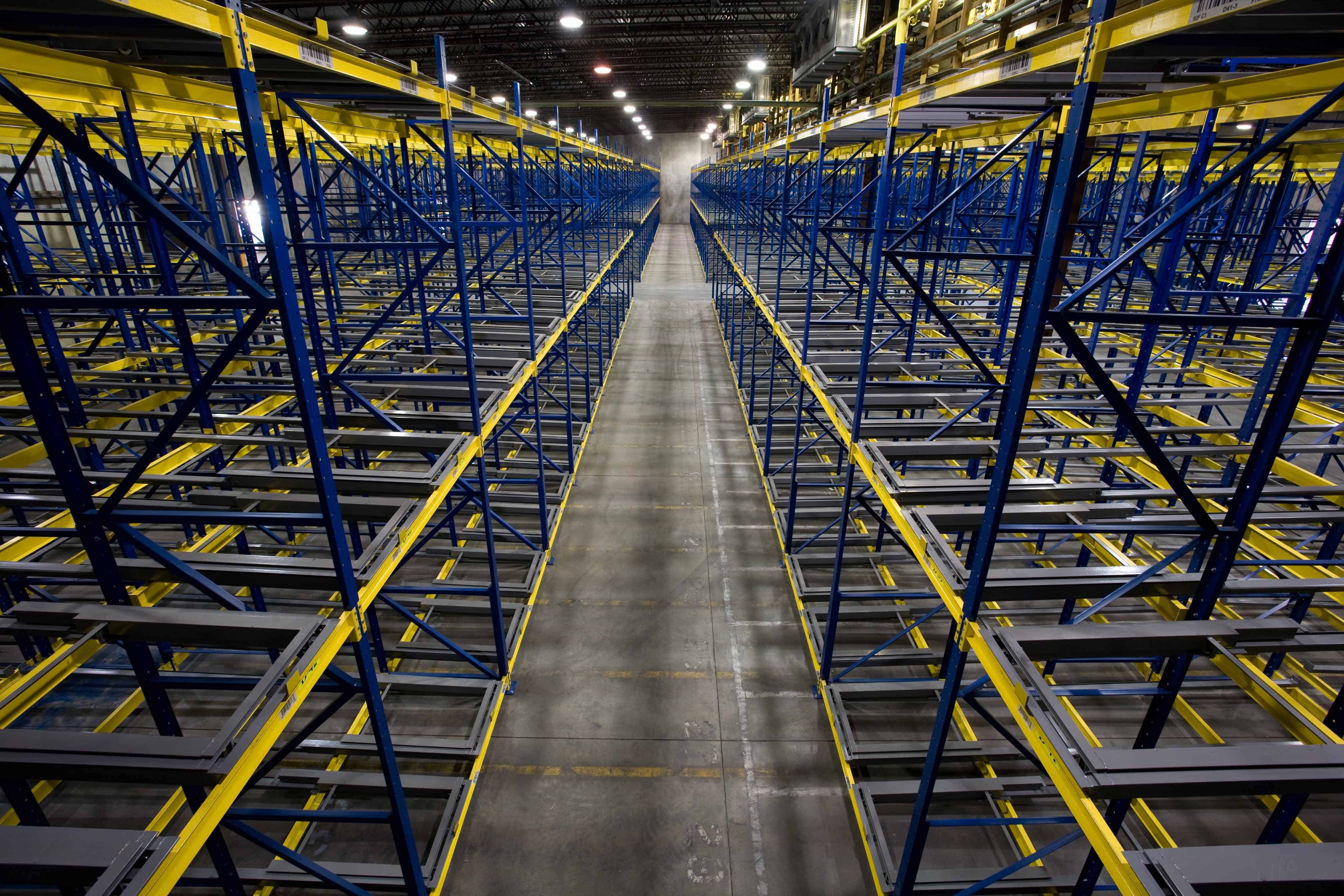
Unveiling the Hidden Secrets of Push Back Pallet Racking: A Deeper Dive into Efficiency
Push Back Pallet Racking conceals many hidden secrets that contribute to its exceptional efficiency:
- Reduced Labor Costs: By eliminating the need for forklifts to enter each lane, Push Back Pallet Racking significantly reduces labor costs associated with loading and unloading.
- Increased Storage Density: The LIFO design allows for maximum storage density, maximizing warehouse space utilization and increasing inventory capacity.
- Improved Safety: The gravity-fed operation of Push Back Pallet Racking minimizes the risk of accidents and injuries, enhancing workplace safety.
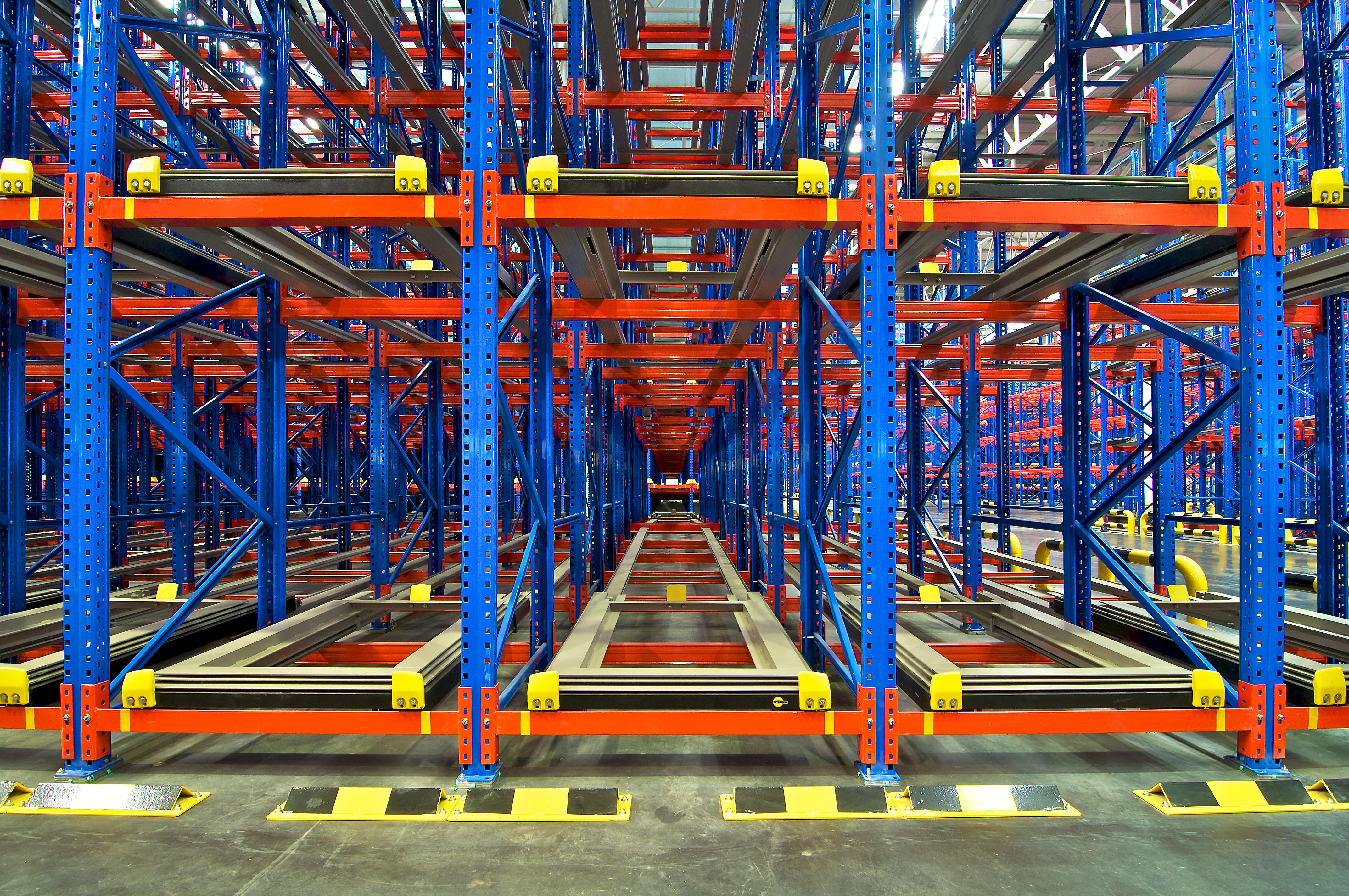
Expert Recommendations for Maximizing Push Back Pallet Racking Efficiency
To fully harness the potential of Push Back Pallet Racking, it’s essential to follow these expert recommendations:
- Proper Planning: Conduct a thorough analysis of your warehouse operations, product characteristics, and space constraints to determine the optimal Push Back Pallet Racking configuration.
- Pallet Compatibility: Ensure that your pallets are compatible with the Push Back Pallet Racking system to prevent any operational issues.
- Load Distribution: Distribute the load evenly across the pallets to maintain stability and prevent damage to the racking system.
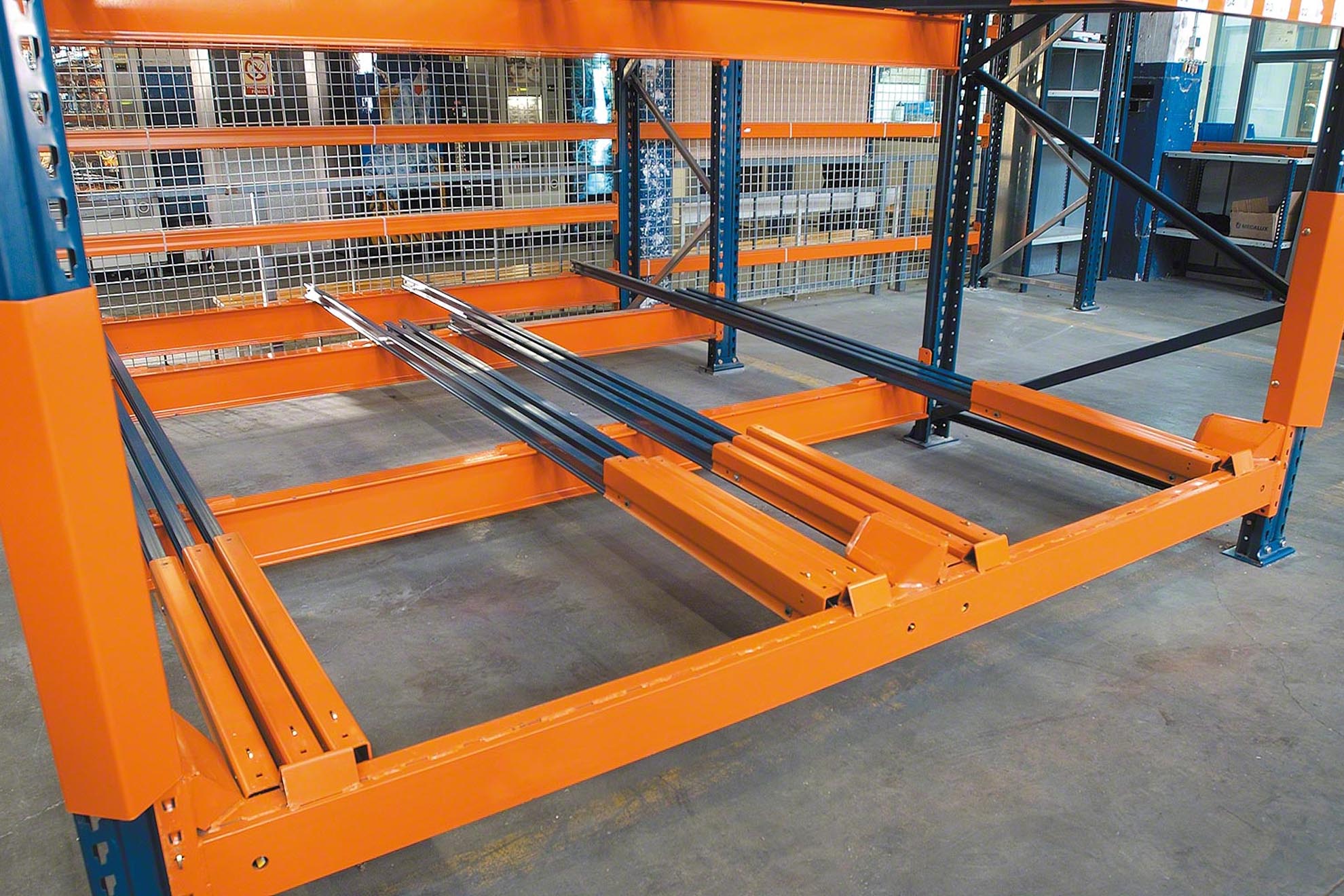
Push Back Pallet Racking: Revolutionizing Inventory Management
Push Back Pallet Racking not only optimizes storage but also revolutionizes inventory management. By implementing the LIFO principle, it ensures that the oldest inventory is used first, reducing the risk of product obsolescence and spoilage.

Ingenious Tips for Enhancing Push Back Pallet Racking Performance
Here are some ingenious tips to further enhance the performance of your Push Back Pallet Racking system:
- Utilize Lane Dividers: Install lane dividers to separate different product categories or SKUs, improving organization and inventory control.
- Consider Automated Retrieval Systems: Integrate automated retrieval systems to streamline the loading and unloading process, increasing efficiency and reducing labor costs.
- Conduct Regular Maintenance: Regularly inspect and maintain your Push Back Pallet Racking system to ensure optimal performance and prevent any safety hazards.
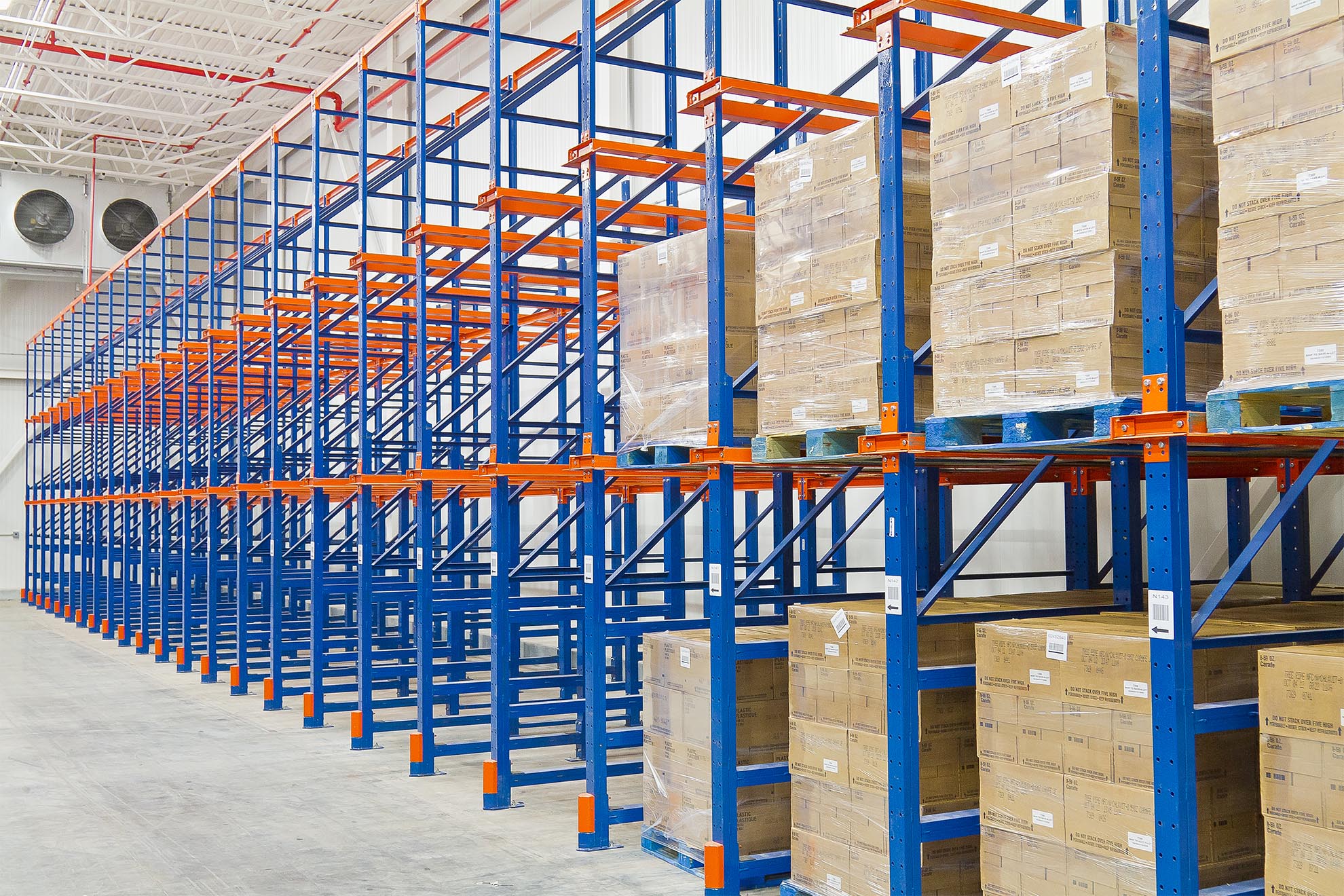
Push Back Pallet Racking: A Versatile Solution for Diverse Industries
Push Back Pallet Racking finds applications in a wide range of industries, including:
- Food and Beverage
- Pharmaceuticals
- Manufacturing
- Retail
- Automotive
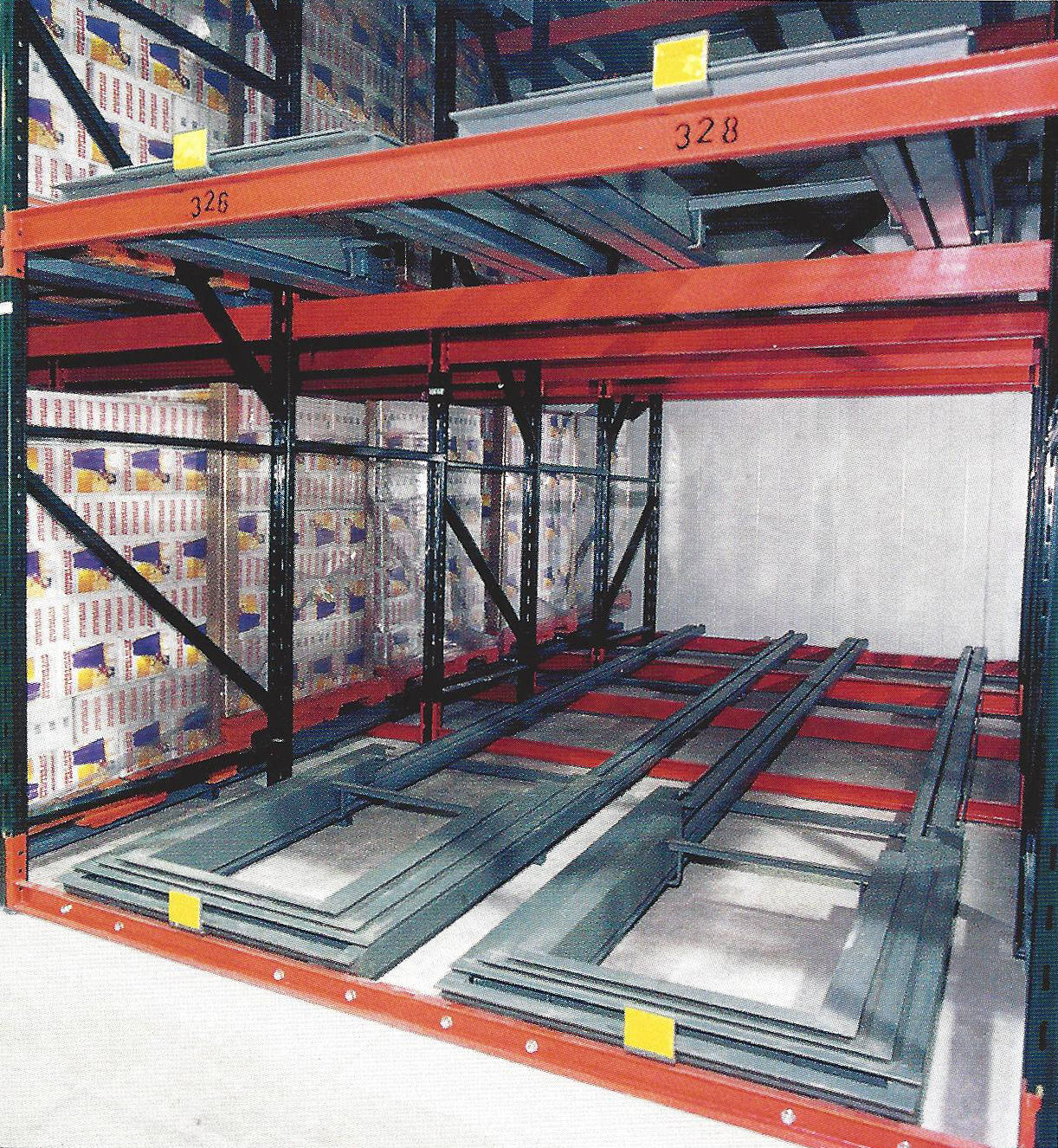
Fun Facts about Push Back Pallet Racking: Unlocking the Unknown
Here are some fascinating fun facts about Push Back Pallet Racking:
- The first Push Back Pallet Racking system was developed in the 1950s.
- Push Back Pallet Racking can accommodate loads of up to 2,500 pounds per pallet.
- The LIFO design of Push Back Pallet Racking was initially used in the automotive industry to manage inventory for just-in-time production.
- Modern Push Back Pallet Racking systems are constructed using durable materials such as galvanized steel, ensuring longevity and corrosion resistance.
A Step-by-Step Guide to Implementing Push Back Pallet Racking
Implementing Push Back Pallet Racking involves the following steps:
- Planning: Determine the required storage capacity, product characteristics, and space constraints.
- Site Preparation: Prepare the warehouse floor to ensure a level and stable base.
- Installation: Assemble the Push Back Pallet Racking system according to the manufacturer’s instructions.
- Loading: Load the pallets onto the rails, ensuring proper load distribution.
- Maintenance: Regularly inspect and maintain the system to ensure optimal performance and safety.
What if Push Back Pallet Racking is Not the Right Fit for Your Warehouse?
While Push Back Pallet Racking offers numerous advantages, it may not be the ideal solution for all warehouses. Factors such as product characteristics, inventory turnover, and space constraints should be carefully considered.
Alternative storage solutions include:
- Selective Pallet Racking
- Drive-In Pallet Racking
- Flow Racking
A Comprehensive List of Push Back Pallet Racking Benefits
Push Back Pallet Racking offers a wide range of benefits, including:
- Increased storage density
- Reduced labor costs
- Improved inventory management
- Enhanced safety
- Faster order fulfillment
Questions and Answers about Push Back Pallet Racking
Q: What is the maximum weight capacity of Push Back Pallet Racking?
A: The maximum weight capacity varies depending on the specific system, but it typically ranges from 1,500 to 2,500 pounds per pallet.
Q: Can Push Back Pallet Racking be used for both LIFO and FIFO inventory management?
A: No, Push Back Pallet Racking is designed for LIFO (Last-In, First-Out) inventory management.
Q: How do I choose the right Push Back Pallet Racking system for my warehouse?
<